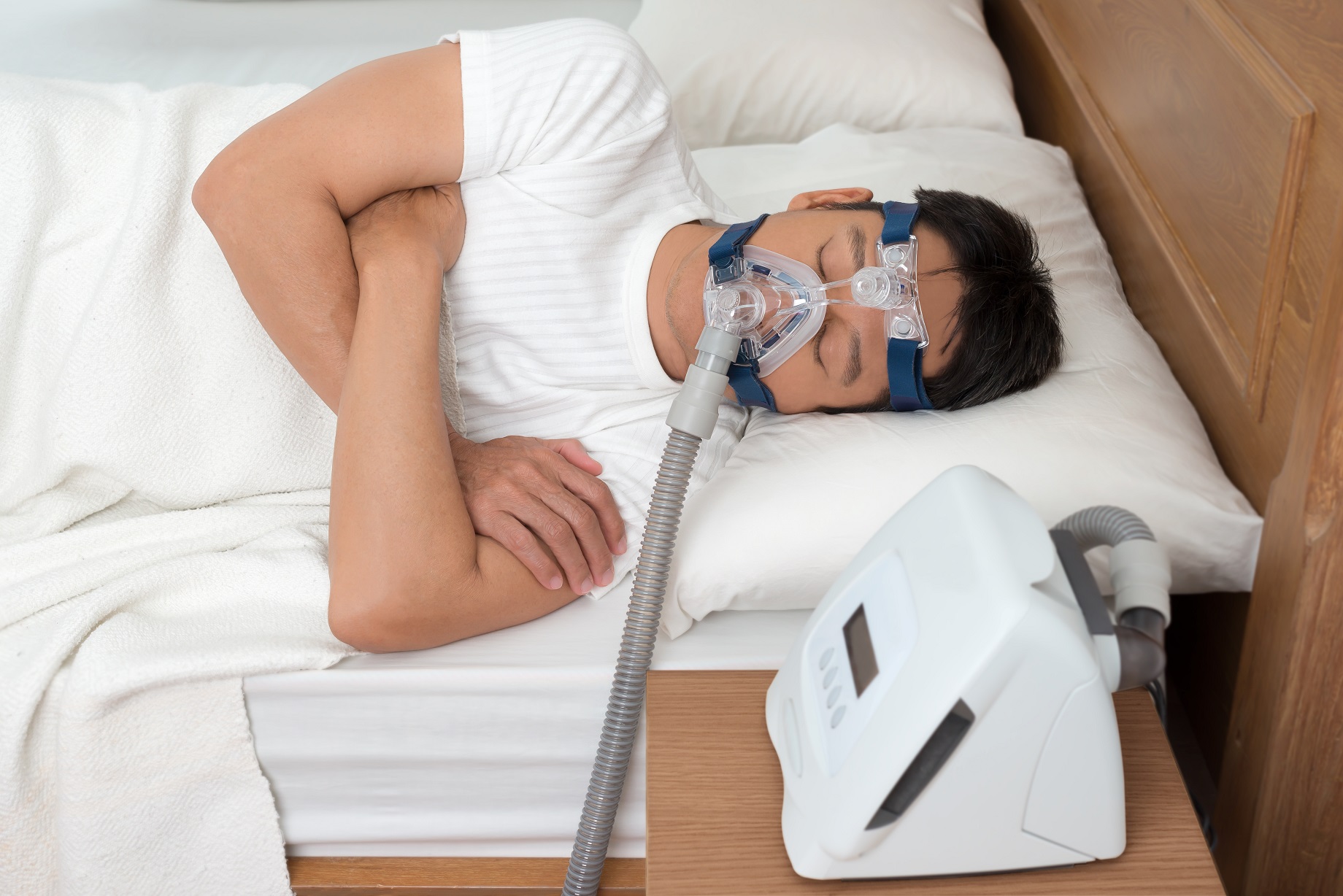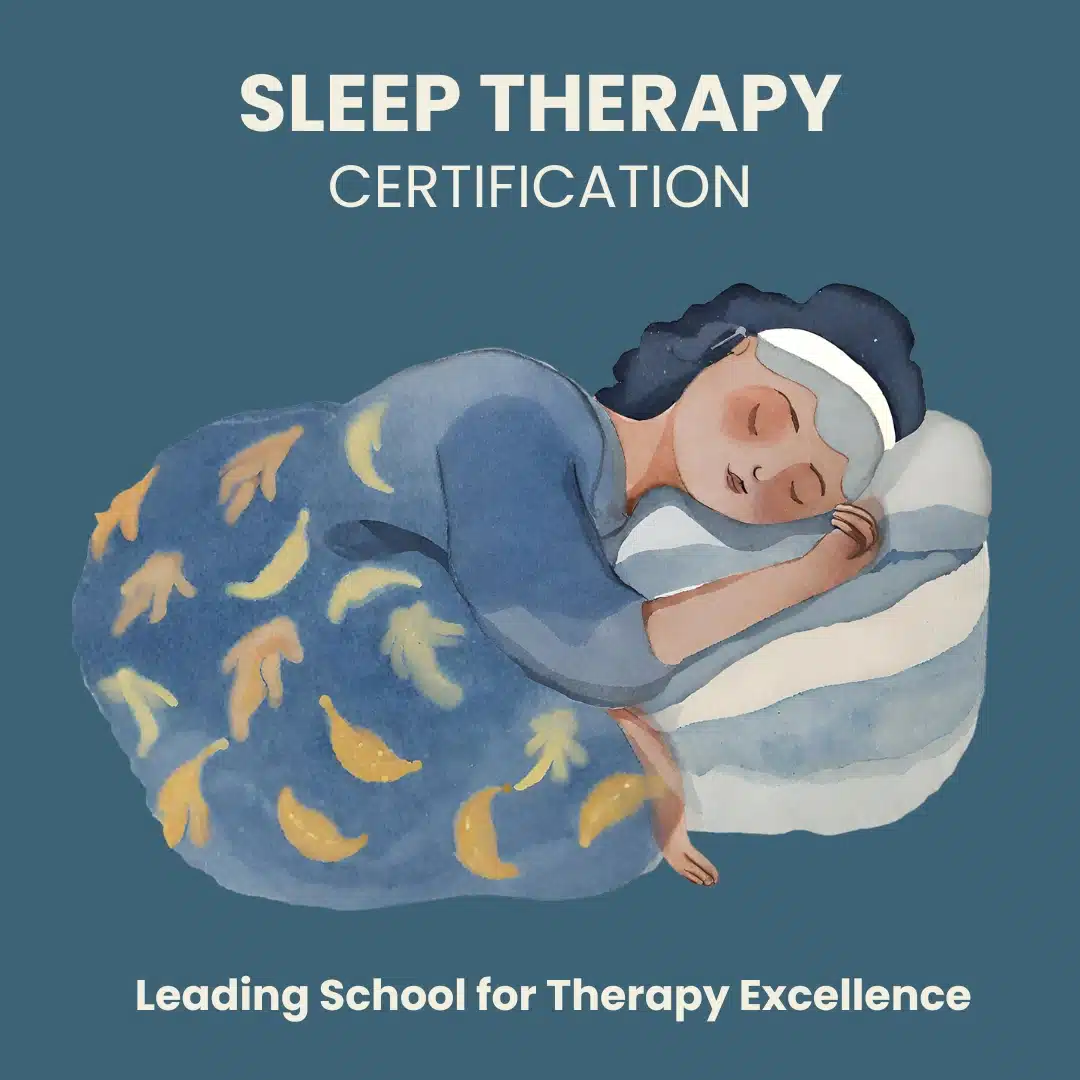Efficient Treatment Solutions for Handling Sleep Disorders and Enhancing Relaxing Sleep
In the world of healthcare, the management of rest problems and the quest for relaxed rest are essential parts of general health. As we browse the detailed landscape of sleep problems and seek to boost our sleep experience, a deeper understanding of these treatment solutions may hold the trick to opening an extra rejuvenating and meeting corrective journey.
Cognitive Behavior Modification for Sleep Problems (CBT-I)
Cognitive Behavior Therapy for Sleep Problems (CBT-I) is a structured, evidence-based treatment method that concentrates on resolving the hidden variables adding to rest disturbances. This kind of therapy aims to modify behaviors and ideas that intensify sleep problems, eventually advertising healthy sleep patterns. CBT-I typically includes several key components, including cognitive treatment, rest restriction, stimulation control, and rest hygiene education and learning.
Cognitive treatment aids individuals recognize and transform negative thought patterns and ideas about rest that may be impeding their ability to drop or stay asleep. Rest limitation involves restricting the amount of time spent in bed to match the person's real rest duration, therefore boosting sleep effectiveness (cognitive behavioral therapy for insomnia (CBT-I)). Stimulation control methods help establish a strong organization in between the bed and sleep by encouraging individuals to head to bed only when sleepy and to avoid taking part in boosting tasks in bed
In addition, rest hygiene education concentrates on establishing healthy rest habits, such as keeping a consistent sleep schedule, developing a relaxing going to bed regimen, and maximizing the sleep environment. By attending to these elements comprehensively, CBT-I uses an efficient non-pharmacological intervention for managing insomnia and boosting overall rest top quality.
Rest Hygiene Practices
Having actually established the foundation of cognitive restructuring and behavior modifications in addressing insomnia through Cognitive Behavior modification for Sleeplessness (CBT-I), the emphasis now shifts towards discovering crucial Rest Hygiene Practices for keeping optimum sleep top quality and overall wellness.
Sleep hygiene techniques encompass a variety of behaviors and environmental variables that can considerably affect one's capability to drop off to sleep and stay asleep throughout the evening. Consistent rest and wake times, creating a relaxing bedtime regimen, and optimizing the sleep environment by maintaining it dark, peaceful, and cool are critical components of good rest hygiene. Restricting exposure to screens prior to bedtime, avoiding energizers like high levels of caffeine near to going to bed, and taking part in regular physical task throughout the day can also promote better rest quality.
In addition, exercising relaxation techniques such as deep breathing workouts or meditation prior to bed can assist soothe the mind and prepare the body for rest. By including these sleep hygiene practices into one's daily regimen, people can develop a healthy and balanced rest pattern that supports restful sleep and general well-being.
Relaxation Strategies and Mindfulness
Implementing relaxation methods and mindfulness methods can play a crucial duty in promoting a sense of tranquility and promoting top quality sleep. insomnia therapy. These techniques aim to quiet the mind, lower stress and anxiety, and create an optimum setting for peaceful sleep. One widely practiced approach is deep breathing exercises, where people concentrate on slow, deep breaths to unwind the body and mind. Progressive muscle mass leisure entails tensing and afterwards launching each muscular tissue group, promoting physical leisure. Furthermore, assisted images can help deliver individuals to a serene area in their minds, aiding in stress and anxiety decrease and boosting sleep top quality.
By incorporating these practices right into a bedtime routine, individuals can signify to their bodies that it is time to prepare and relax for sleep. Overall, integrating leisure methods and mindfulness methods can significantly contribute to managing rest disorders and enhancing total rest top quality.

Medicine Options for Sleep Disorders
After exploring leisure methods and mindfulness practices as non-pharmacological treatments for boosting rest quality, it is vital to consider medicine options for individuals with rest disorders. In cases where way of living adjustments and therapy do not offer sufficient relief, medicine can be a valuable device in taking care of rest disturbances.
Commonly recommended medications for sleep conditions include benzodiazepines, non-benzodiazepine hypnotics, antidepressants, and melatonin receptor agonists. Antidepressants, such as trazodone, can be useful for individuals with co-occurring clinical depression and sleep disruptions - sleep deprivation help.
It is critical for people to talk to a doctor to establish one of the most suitable drug alternative based on their details sleep problem and clinical background.
Light Treatment for Body Clock Guideline
Light treatment, additionally called phototherapy, is a non-invasive treatment method used to control body clocks and improve sleep-wake cycles. This treatment entails exposure to brilliant light that mimics natural sunshine, which aids to reset the body's inner clock. By subjecting individuals to certain wavelengths of light, normally in the morning or evening relying on the desired Read More Here impact, light treatment can efficiently readjust the circadian rhythm to advertise wakefulness during the day and boost relaxed rest during the night.
Study has actually revealed that light treatment can be particularly useful for people with body clock disorders, such as delayed sleep phase syndrome or jet lag. It can additionally be useful for those experiencing seasonal depression (SAD), a kind of anxiety that normally occurs during go to website the winter season months when natural light direct exposure is reduced. Light therapy is normally well-tolerated and can be used along with various other treatment approaches for sleep conditions to enhance results and boost overall sleep high quality.
Conclusion
In verdict, efficient therapy remedies for taking care of rest problems and improving relaxed rest include Cognitive Behavioral Therapy for Sleeping Disorders (CBT-I), sleep health methods, relaxation methods and mindfulness, medication options, and light treatment for body clock law. These approaches can help individuals enhance their sleep top quality and general health. It is important to talk to a doctor to determine one of the most ideal strategy for attending to sleep issues.
As we browse the elaborate landscape of sleep conditions and seek to boost our sleep experience, a deeper understanding of these treatment remedies may hold the key to unlocking an extra refreshing and meeting restorative journey.
Sleep limitation entails restricting the quantity of time spent in bed to match the individual's real rest duration, consequently raising sleep effectiveness. Regular sleep and wake times, developing a relaxing bedtime regimen, and optimizing the rest setting by keeping it dark, silent, and cool are essential parts of great sleep health. Light therapy is typically well-tolerated and can be used in conjunction with various other treatment methods for rest conditions to maximize end results and boost overall the sleep institute sleep top quality.
